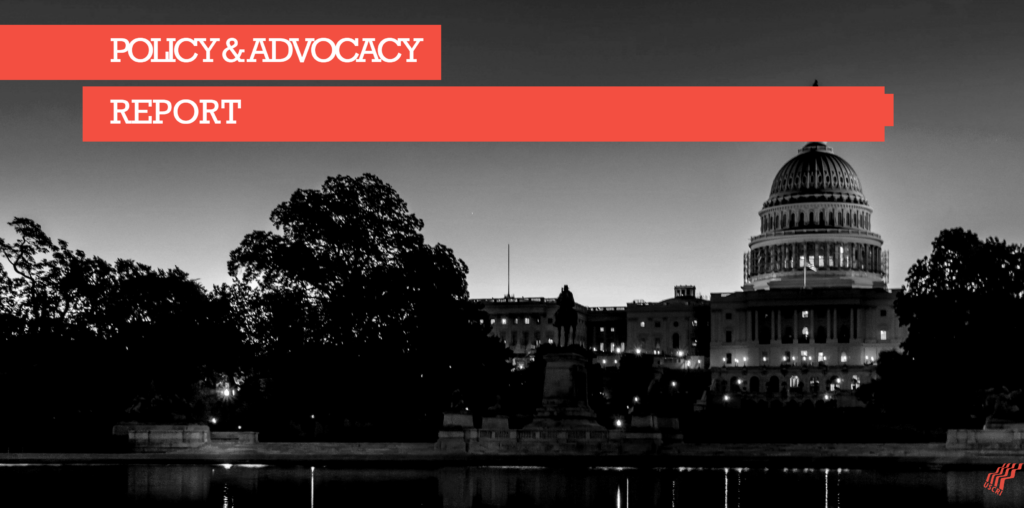Global UC Populations


Resources for Working with Global UC Populations
__________
Unaccompanied children from Central America are a diverse group. Guatemala alone has over 20 different indigenous ethnic groups and languages, the majority from Mayan roots. Providers may come into contact with Guatemalan UCs who speak a language other than Spanish, including Akateko, Chuj, Ixil, Kaqchikel, K’iche, Mam, Q’anjob’al, and Q’eqchi’, among others.
The resources below offer more information to help providers educate themselves on the diversity within the Central American UC population.
- World Directory of Minorities and Indigenous Peoples:
- Indigenous Languages of Guatemala (NUYA)
To learn more about UCs who are from countries not listed above, visit Switchboard and the Minority Rights Group.
UAMs differ from other unaccompanied children who are typically encountered by the Department of Homeland Security (DHS) and referred to the Office of Refugee Resettlement (ORR). They were evacuated by the U.S. government to safe havens in the United States, usually military bases that serve as intermediary sites for Afghan evacuees before resettlement into the community, as part of “Operation Allies Welcome” beginning in August 2021.
As with other unaccompanied children, UAMs do not have a parent or legal guardian to provide for them, and were released to the care of a sponsor (usually a relative or family friend) by ORR.
Most UAMs entered the United States with humanitarian parole and are eligible for the same benefits and services as a refugee.
Click the links below to learn more about Operation Allies Welcome and the situation in Afghanistan:
- Operation Allies Welcome (DHS)
- Afghan Backgrounder (CORE)
Services and benefits for UAMs:
- Afghan Placement and Assistance (APA) Program Fact Sheet (U.S. Department of State)
- Benefits for Afghan Humanitarian Parolees (ORR)
- What Federal Benefits and Services are Available to Afghan Parolees? (Switchboard)
You can help link UAMs to eligible services and benefits by connecting them with their local refugee resettlement agency – see the bottom section of this page for the provider directory and list of contacts.
Additional resources for providers:
- Resources for Afghan Allies (USCRI)
- Dear Colleague Letter Outlining Afghan Students’ Rights (U.S. Department of Education)
- Tip Sheet: Responding to Human Trafficking among Individuals from Afghanistan (OTIP)
- Incorporating clients’ faith in counseling
(ACA)
Additional resources for families:
- Talking with Your Children about Islamophobia and Hate-Based Violence (NCTSN)
- Raising Children in a New Country: An Illustrated Handbook in Dari and Pashto (BRYCS)
- Keeping Safe! A Children’s Bilingual Guide in Dari and Pashto (BRYCS)
- Afghan Call Center Flyers (ORR and The Providencia Group): English, Pashto, and Dari
Cuban and Haitian unaccompanied children may also qualify for refugee benefits and services through the Cuban-Haitian Entrant Program. This includes children in removal proceedings, as evidenced by their Notice to Appear (NTA) document.
The below resources provide more information:
- Benefits for Cuban/Haitian Entrants (ORR)
- ORR Fact Sheet: Cuban/Haitian Entrants – Definition, Eligibility and Acceptable Documents (ORR)
You can help link Cuban and Haitian minors to eligible services and benefits by connecting them with their local refugee resettlement agency – see the bottom section of this page for the provider directory and list of contacts.
The United States has extended protections to Ukrainians who have been displaced after their country was invaded by Russia in February 2022. As with UAMs, most Ukrainian unaccompanied children entered the United States with humanitarian parole and are eligible for the same benefits and services as a refugee.
Click the links below to learn more:
- Ukrainian Immigrants in the United States (MPI)
- Ukrainian Humanitarian Parolees Eligible for ORR Benefits and Services (ORR)
- Resources for Ukrainian Allies (USCRI)
- ORR Fact Sheet: Benefits for Ukrainian Humanitarian Parolees in English, Ukrainian, and Russian
- Health Coverage Options for Certain Ukrainian Nationals (HHS)
You can help link Ukrainian minors to eligible services and benefits by connecting them with their local refugee resettlement agency – see the bottom section of this page for the provider directory and list of contacts.
Providers looking to connect eligible youth to their local refugee resettlement agency may find contact information here:
It is critical that providers use appropriate interpretation services when needed to ensure understanding and effective communication with unaccompanied children and their families. The links below offer information for best practices for the use of interpreters.
- Assessing the Need for an Interpreter (Centre for Culture, Ethnicity & Health)
- Tip Sheet: How to Work with Interpreters (Asian Pacific Institute on Gender Based Violence)
- Video: Hints and Tips for Working with Interpreters (Australian Department of Home Affairs)
- Tips for Working with Telephone Interpreters (LEP.gov)
- Considerations When Using Interpreters for Victims with Limited English Proficiency (API-GBV)
USCRI Policy and Advocacy
The USCRI Policy and Advocacy team writes and publishes “Policy Briefs” focused on several topics, including Global UC Populations. Visit the following link to view the Policy and Advocacy website, and review relevant Global UC Population Policy Briefs from the team below.

- Steps Forward. Steps Back: A Year’s Efforts to Combat the Labor Exploitation of Unaccompanied Children (March 2024)
- Stolen in Plain Sight: Losing Track of Forced Labor in the United States (April 2024)
- Webinar: Addressing the Needs of Unaccompanied & Separated Children in Displacement Settings (November 2024)
El Comité Estadounidense para Refugiados e Inmigrantes (USCRI) hace todo lo posible por mantener actualizado el contenido del centro de recursos para jóvenes inmigrantes. Sin embargo, es posible que parte de la información cambie con el tiempo debido a la naturaleza en la que van evolucionando los temas incluidos. Se recomienda a los usuarios que verifiquen los detalles críticos con las organizaciones y/o profesionales correspondientes.
Los recursos externos proporcionados en esta biblioteca reflejan las opiniones y puntos de vista de sus autores originales y no necesariamente representan los de USCRI.
ÚLTIMA ACTUALIZACIÓN: octubre de 2025
U.S. Committee for Refugees and Immigrants (USCRI) makes every effort to keep the content within the UC Resource Center up-to-date. However, some information may change over time due to the evolving nature of the topics covered. Users are encouraged to verify critical details with the appropriate organizations and/or professionals.
External resources provided in this library reflect the views and opinions of their original authors and do not necessarily represent those of USCRI.
LAST UPDATE: October 2025











